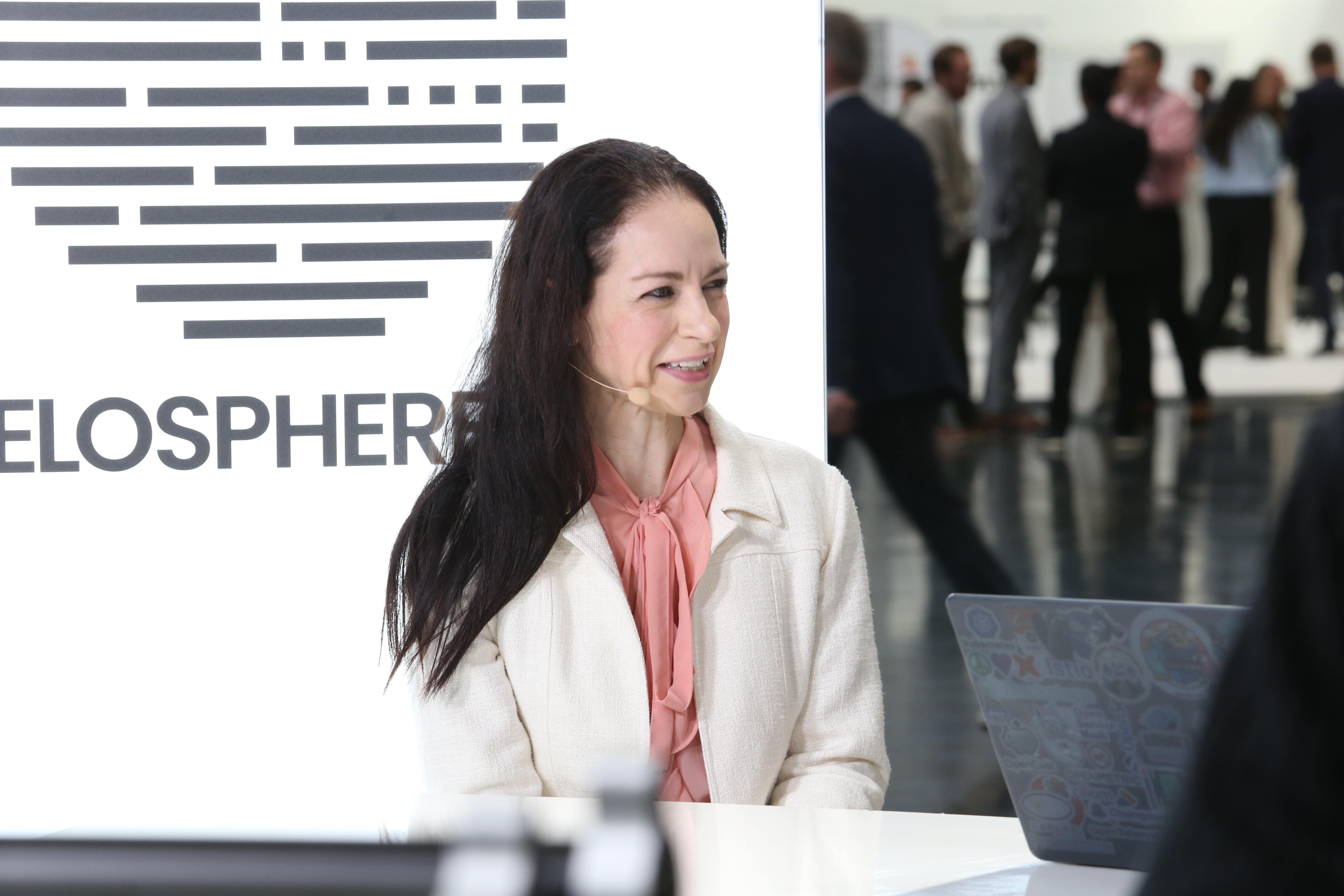 EMERGING TECH
EMERGING TECH
 EMERGING TECH
EMERGING TECH
 EMERGING TECH
EMERGING TECH
Amid the constant shifts in healthcare, process intelligence and technology are key to elevating patient care and refining workflows.
Healthcare organizations are increasingly leveraging advanced tools, such as process intelligence, to enhance both administrative and clinical functions. As a result, providers are discovering innovative ways to address bottlenecks and increase efficiency in areas such as patient throughputs and nursing workflows, according to Hannah Koczka (pictured), vice president of NM ventures and innovation at Northwestern Memorial HealthCare.

Northwestern Memorial HealthCare’s Hannah Koczka talks to theCUBE about process intelligence in healthcare.
“We started working with Celonis in 2022 … we’re looking to utilize it in a lot of our clinical areas to really improve patient throughput and patient access, which is still one of our biggest challenges within U.S. healthcare,” Kocska said.
Koczka spoke with theCUBE Research’s Rob Strechay and Savannah Peterson at Celosphere 24, during an exclusive broadcast on theCUBE, SiliconANGLE Media’s livestreaming studio. They discussed how healthcare systems are using process intelligence technology to address operational challenges. (* Disclosure below.)
Patient access remains a critical challenge in healthcare, particularly specialized areas like breast imaging. By leveraging Celonis, healthcare providers can improve patient throughput, enabling faster diagnosis and treatment, according to Koczka.
“Right now in October, we’re actually piloting utilizing Celonis for our mammography space around breast imaging,” she said. “If we can improve and tighten up patient throughput in that area, we’ll be able to get more patients in and then also get those patients that need treatment quicker and faster.”
Process intelligence tools are improving more than just access within healthcare. They’re also addressing critical pain points, especially in nursing workflows, according to Koczka.
“We’re looking at how we might be able to utilize the technology to find out where are some of their pain points,” she said. “We want to give them more time to be at the bedside with the patient.”
As the adoption of process intelligence grows, broader benefits are anticipated, particularly as it expands to clinical use cases. With more resources and spending allocated to patient care, the potential for transformation becomes even more significant across the entire industry, Koczka added.
”I think what we’re seeing is the number of use cases is almost limitless,” she said. “You need to sort of identify where you think you can be most impactful in the short run and then start working through them.”
Here’s the complete video interview, part of SiliconANGLE and theCUBE Research’s coverage of Celosphere 24:
(* Disclosure: TheCUBE is a paid media partner for Celosphere 24. Neither Celonis SE, the sponsor of theCUBE’s event coverage, nor other sponsors have editorial control over content on theCUBE or SiliconANGLE.)
THANK YOU